Maya Hawke, Amy Poehler, And The Creators Of "Inside Out 2" Explained Just How They Pulled Off That Anxiety Attack Scene
This post contains spoilers for Inside Out 2.
Inside Out 2 hit theaters this weekend and, oh boy, it was a massive hit!
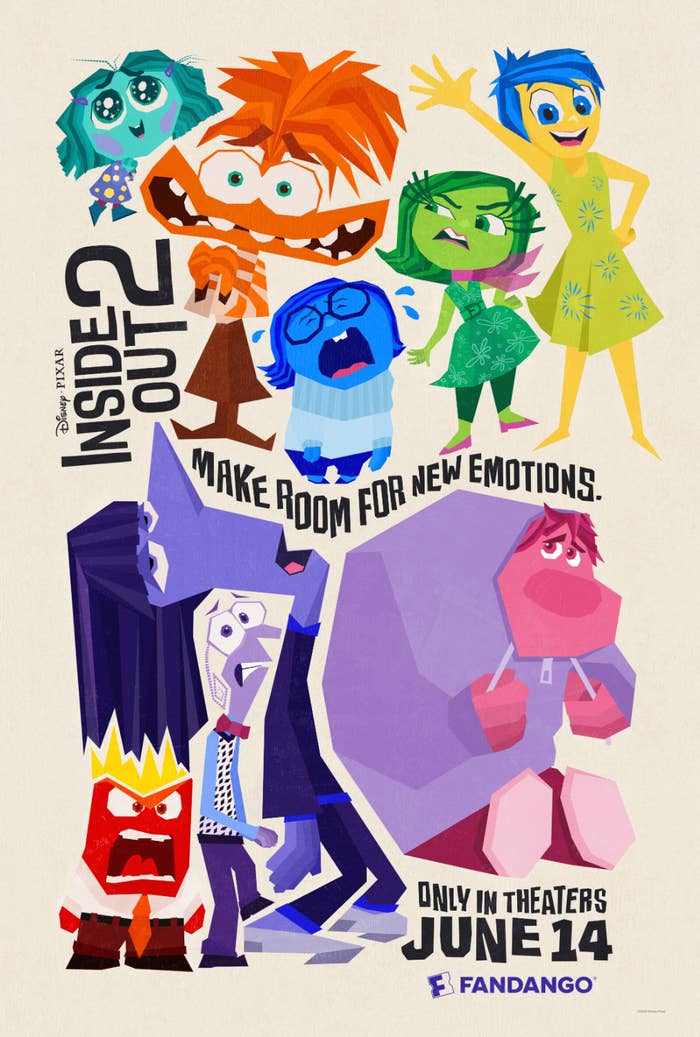
The sequel follows Riley, who is now 13 and about to enter high school. And while her emotions — Joy, Sadness, Anger, Fear, and Disgust — have everything running smoothly, things turn upside down when some new emotions — Anxiety, Envy, Embarrassment, and Ennui — join the team.
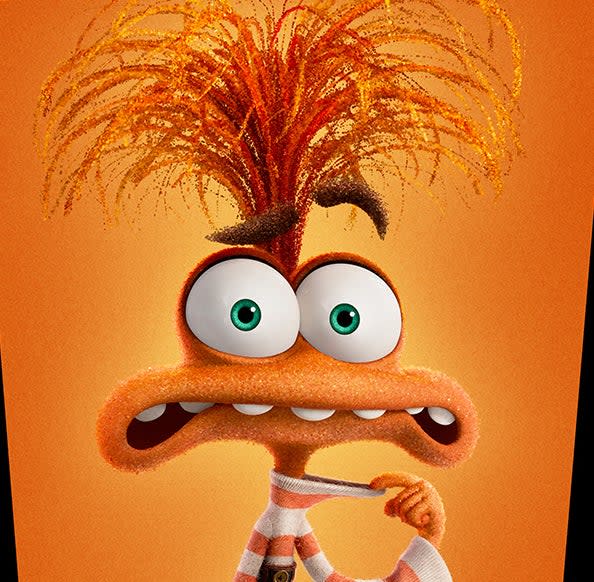
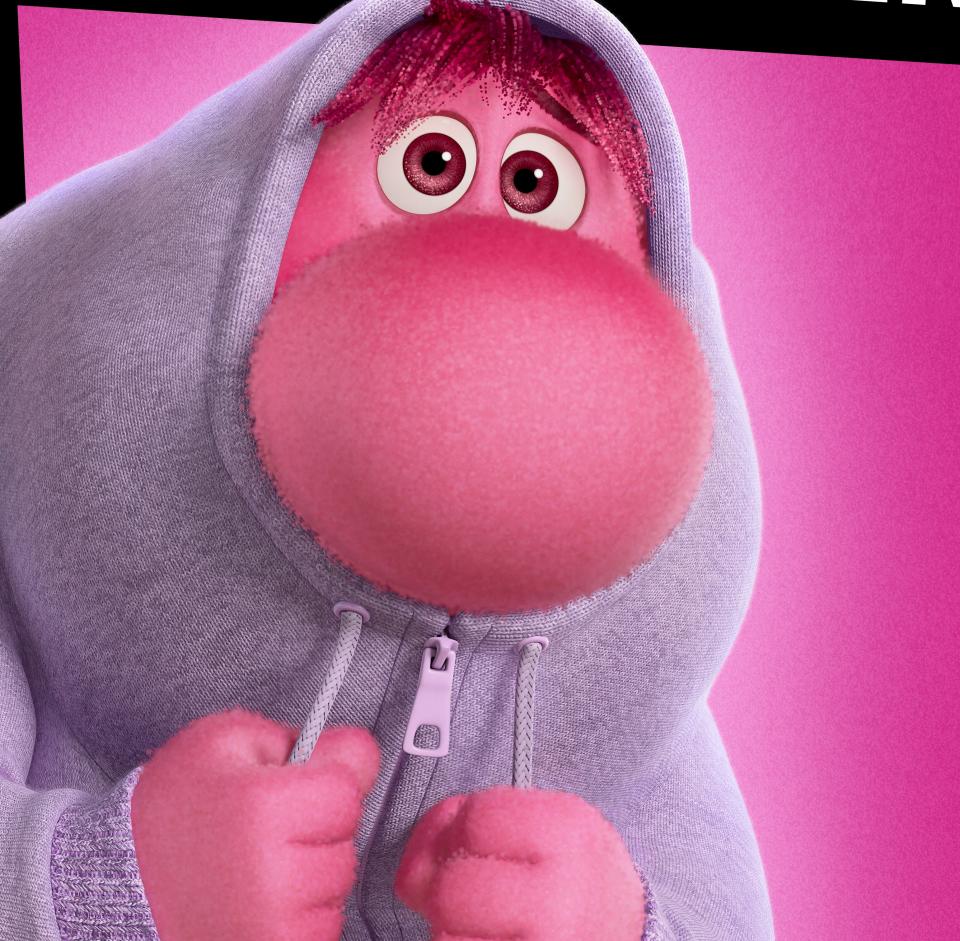
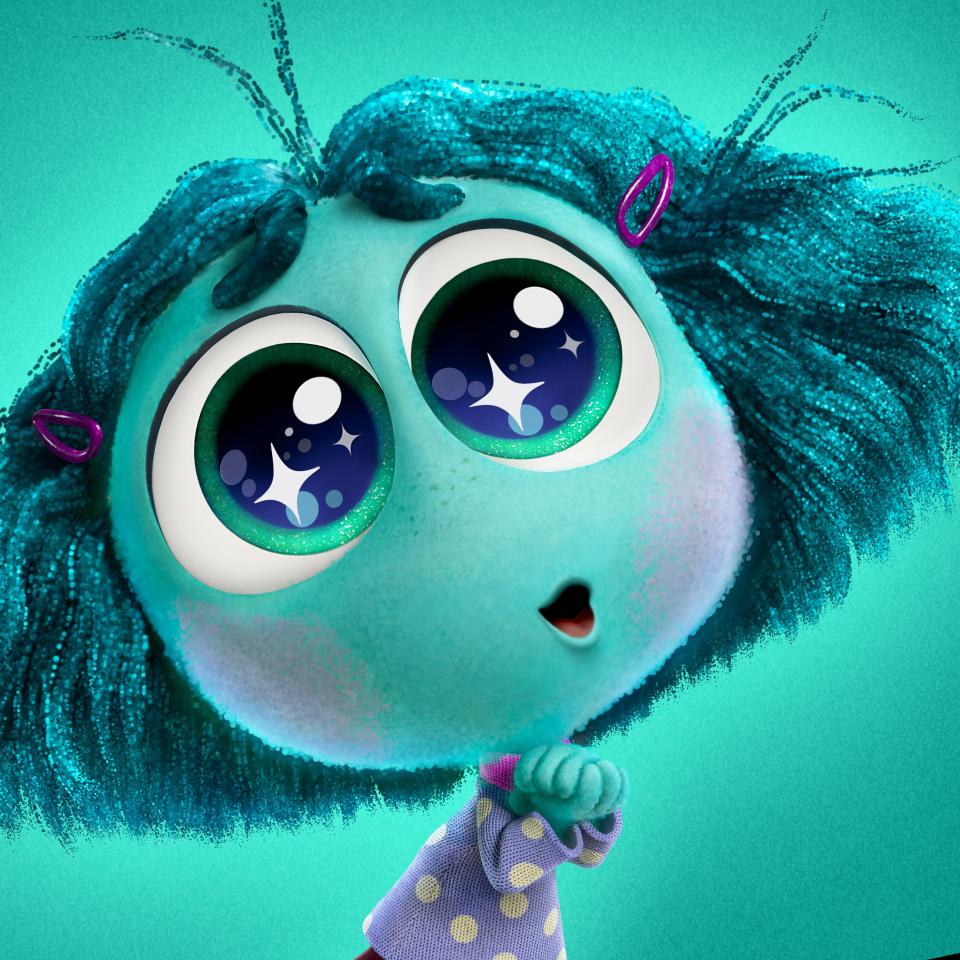
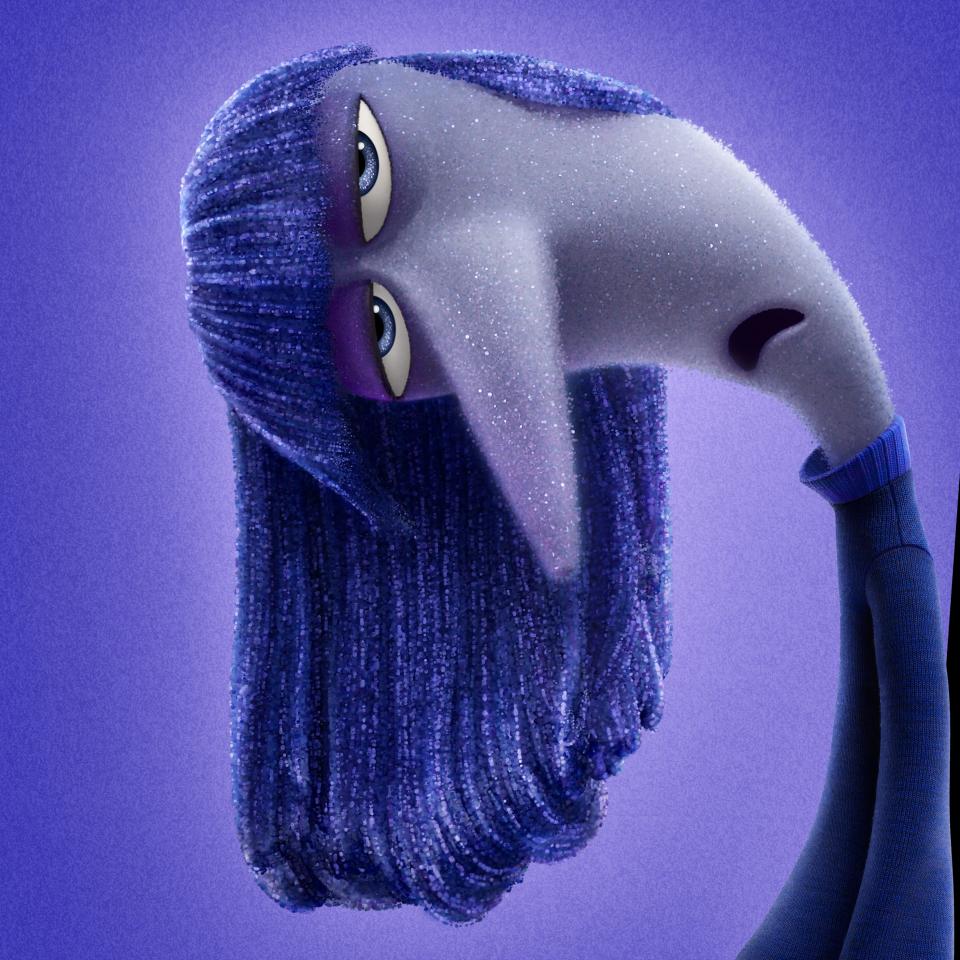
Pixar / PIXAR
After just one weekend in theaters, fans are absolutely raving about the movie, its new characters, and its brilliant representation of mental health.

However, one scene in particular has left fans (myself included) feeling seen. Toward the end of the film, Riley experiences an anxiety attack, which viewers see between dueling POVs, one from inside her brain and the other outside in real life. The moment is so powerful that people are even going as far as calling it the "most accurate depiction of anxiety" they've seen in a movie.

In the scene, Riley gets sent to the penalty box after nearly injuring one of her best friends, hogging the puck, and missing almost all of her shots during a scrimmage at her hockey camp. Meanwhile, Anxiety has taken over the control console in Riley's brain, and she goes into overdrive trying to fix things, moving at the speed of a tornado. At the same time, Joy, Anger, Fear, and Disgust ride an avalanche of Riley's worst memories back to Headquarters. The bad memories then flood into Riley's Sense of Self, corrupting it even more.
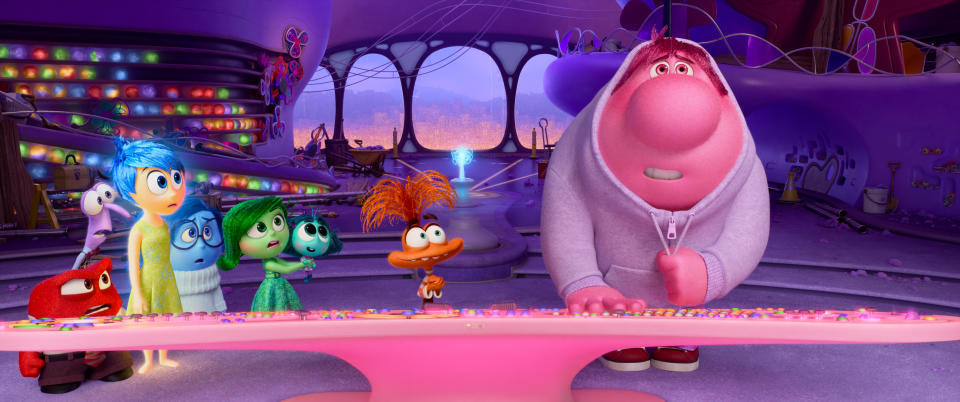
Outside, we see Riley unable to catch her breath and clutching her chest, while on the inside, we see Anxiety spiraling, and we hear Riley bouncing between thoughts like "I'm not good enough," "I'm selfish," "I need to fit in," and "I need help sometimes."

In a recent interview with Variety, Amy Poehler, Maya Hawke, and several members of the movie's creative team explained just exactly how they made that scene happen.
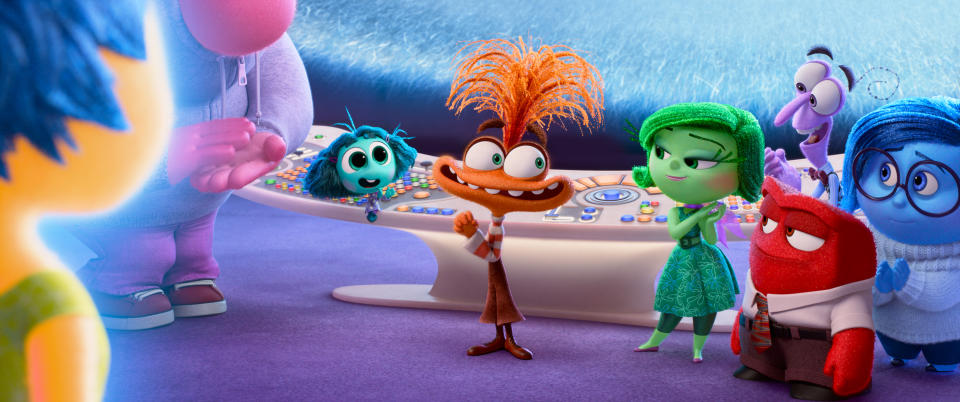
Maya, who voices Anxiety, said that as "a person who has had an anxiety attack," she brought her own experience to the role, using the voice she created in her own head when she's anxious. "I broadened her and strengthened her as a character for this movie, so I felt really connected to it," Maya said. "Your breath moves to a different place, and you can’t breathe as deeply as you want to. I saw it as the air not going down into her breath. It was like a tornado, and you can’t breathe when you’re stuck in the middle of a tornado."
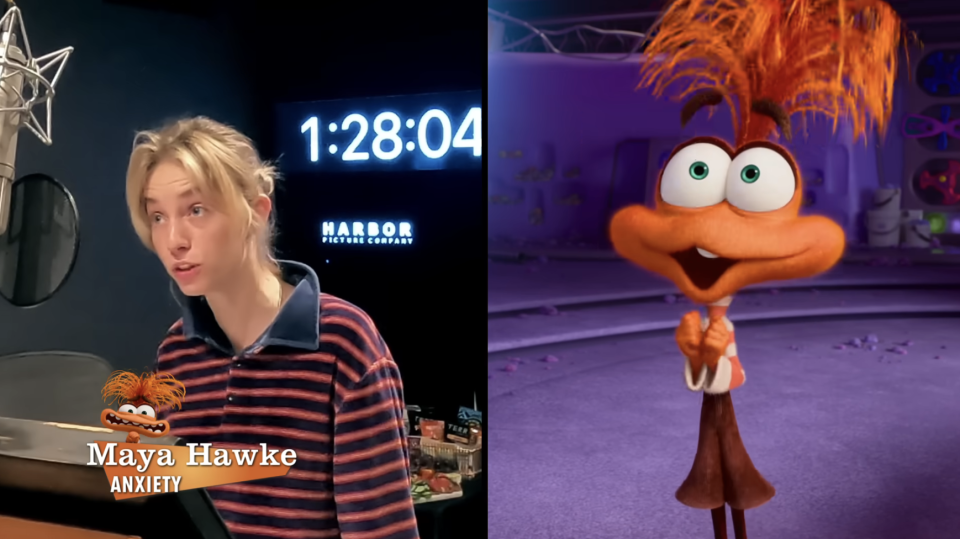
She explained how she believes her character and Riley want similar things. "Or maybe I’m just projecting that," she jokes, "But it’s a lot about control: Anxiety really wants to take control over the console and believes that if she were able to have that kind of control, she’d be fine. And Riley is trying to control the outcome of whether or not she gets onto this team, control where her friends are going to go to school, control how she feels, control how she plays."
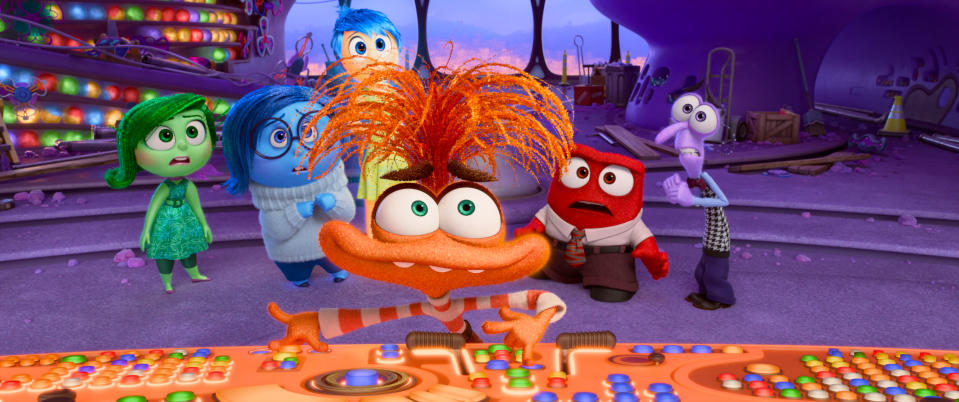
But by the end of the movie, Maya adds that the lesson shifts into something like, "I can’t control everything, but what I can control is myself and how I’m behaving, am I treating the people around me with respect or not?"
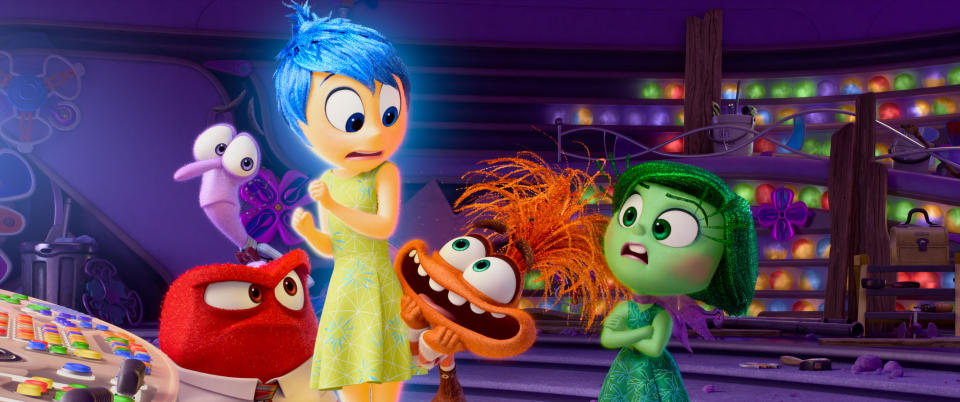
Amy, who voices Joy, explained that this scene was "painful" for her character as she tries calming Anxiety down for Riley's sake. "That’s a hard thing, when you’re a parent and you don’t know what to do when you’re trying to help your child. If Riley is Joy’s kid, then Joy is kind of like, 'What’s happened to my kid?'" she said. "Pixar is so smart to have Joy take her foot off the gas, and by doing so, and not pushing so hard, Riley just soothes herself, which is the hard lesson of growing up."

In addition to Maya and Amy's portrayals in the scene, "a good 25 meetings" were held by director Kelsey Mann and producer Mark Nielsen to strategize how to execute the moment perfectly.
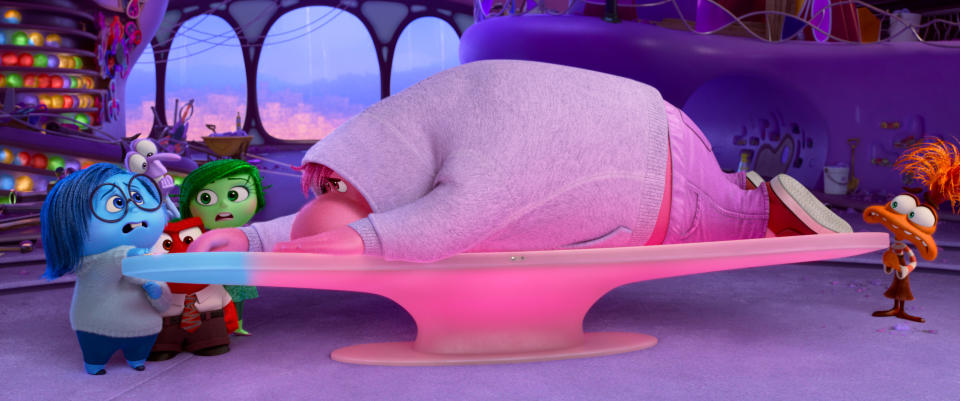
Co-cinematographers Jonathan Pytko and Adam Habib also explained how they made the scene so impactful through the visuals. "We started doing a lot of things like tightening up the shutter angle, so, suddenly, everything’s a lot sharper and the focus got a lot deeper as Riley’s putting more and more pressure on herself," Adam explained. "Then, when the anxiety attack hits, suddenly we flip everything. The focus goes extremely shallow, and the world drops away."

Jonathan added, "That moment in particular was interesting because we had talked about, what if we start vibrating the background as Riley gets deeper into this panic attack? We overexposed the light a lot and really flooded this light coming around Riley as she’s going through this moment. Then adding that [vibration] in there really sold what happened."
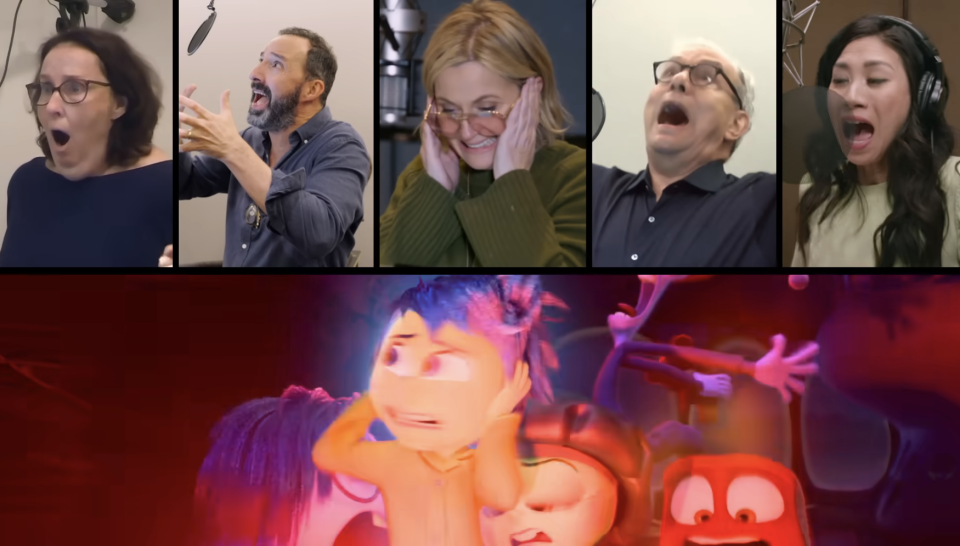
Riley's anxiety attack ends as all the emotions embrace as Riley gains control again. "It’s so deep," Amy added. "It’s an adult lesson — you keep forgetting why you even started doing anything once you get caught up in all the other stuff."
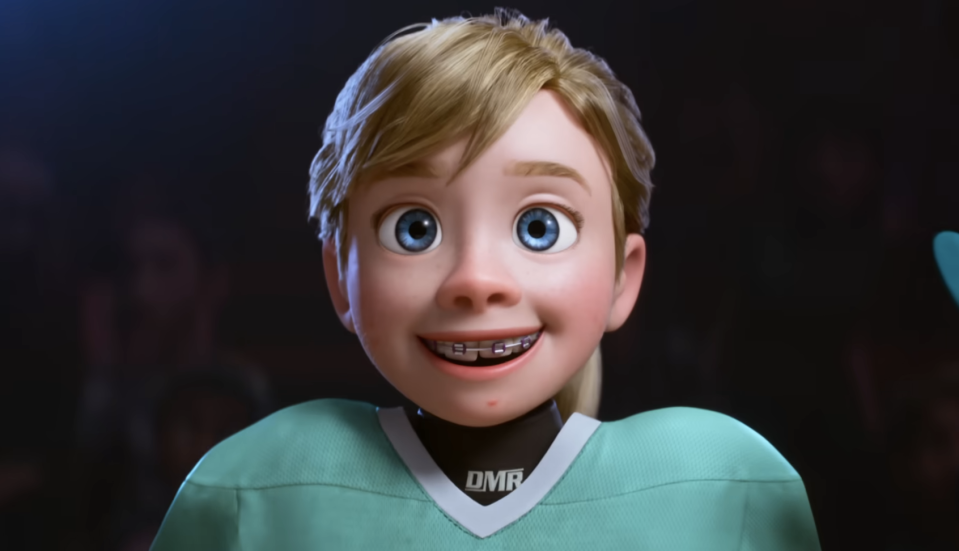
Inside Out 2 is in theaters now.

 Yahoo Lifestyle
Yahoo Lifestyle 
